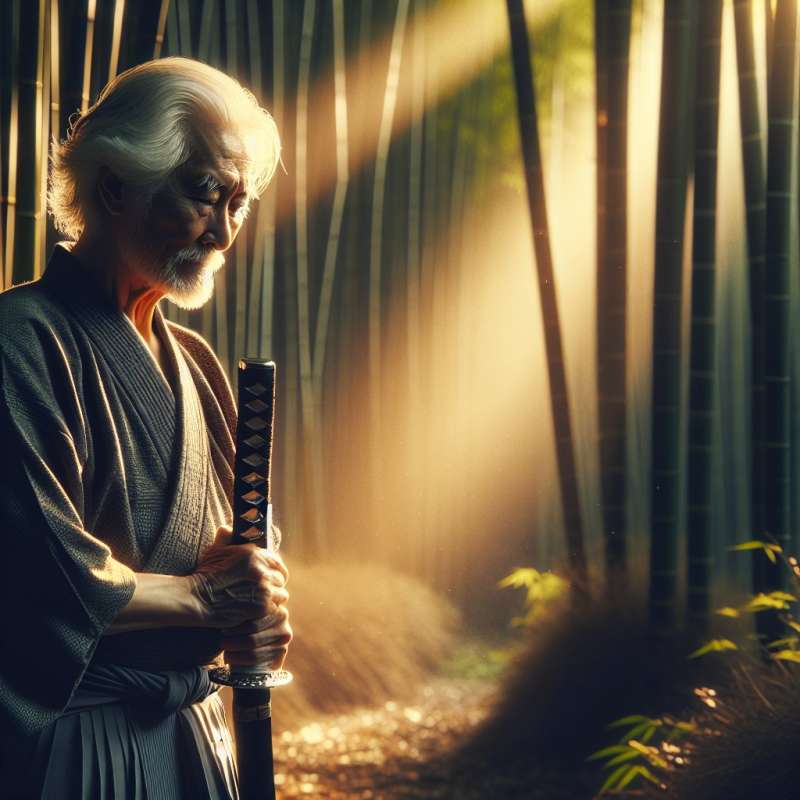
Origins of Samurai Warriors
Samurai, meaning 'those who serve,' originated in 10th century Japan. Initially, they were provincial warriors before becoming the ruling military class with a strong code of conduct called Bushidō.
Samurai and Zen Buddhism
Zen Buddhism was influential in shaping the samurai ethos. Its practices promoted discipline and calmness, aiding samurai in overcoming fear of death and maintaining battlefield composure.
Women in Samurai Culture
Samurai women, known as 'Onna-Bugeisha,' were trained in martial arts and strategy. They fought alongside men, with Tomoe Gozen being a famed female warrior of the 12th century.
Samurai Armor Evolution
Early samurai armor was modeled after Chinese and Korean designs. Over time, it evolved into the distinct and elaborate ō-yoroi, designed to be both protective and flexible.
The Katana's Significance
The katana, a samurai's soul, was a symbol of status. Only samurai could wear the daishō, the pairing of a katana with a smaller sword, typically a wakizashi or tantō.
Fall of the Samurai
The samurai class was abolished during the Meiji Restoration in 1868. This marked a transition to a modern, western-style conscripted army, and the end of the samurai's feudal privileges.
Samurai in Modern Culture
Samurai ideals endure in modern Japan, influencing business practices and cultural norms. They also capture global imagination, depicted in films, books, and the 'Bushido' spirit in martial arts.Samurai's Tattoo Secret
Some samurai had body tattoos, known as 'irezumi,' used as spiritual protection and symbols of courage, despite their association with criminals in later periods.
What does 'Samurai' mean?
Warrior's Way
Those who serve
Honor and Combat
Company